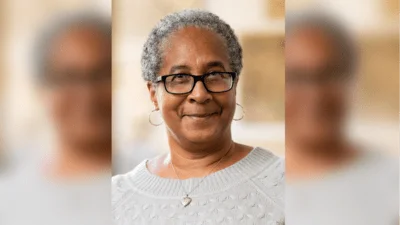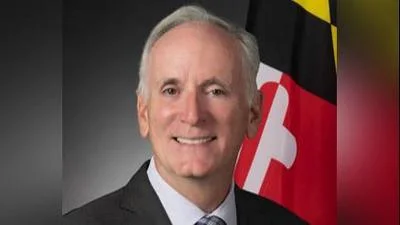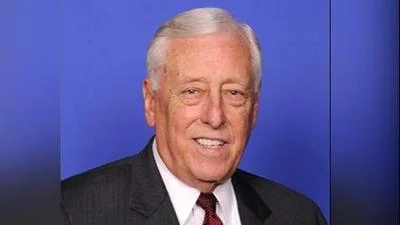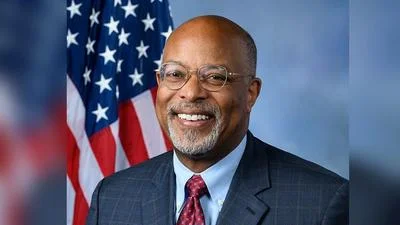Joanne Antoine Executive Director Common Cause Maryland | Official website
Joanne Antoine Executive Director Common Cause Maryland | Official website
Apr 16, 2024
Last week, the Maryland House of Delegates faced criticism for failing to pass a bill that would have empowered voters in the state. Instead, the decision to maintain a process where political insiders hold more sway than the electorate has sparked disappointment and frustration among advocacy groups.
"We’re extremely disappointed that the House let voters down yet again,” expressed Joanne Antoine, executive director of Common Cause Maryland, reflecting a sentiment shared by many who had hoped for a more democratic approach to filling legislative vacancies.
Maryland PIRG Director Emily Scarr emphasized the need for change, stating, “The majority of the country has some sort of special elections process for replacing legislative vacancies, and it’s way past time for Maryland to join them.” Scarr highlighted the importance of voter participation in the democratic process.
The current system in Maryland, where vacancies in the General Assembly are filled by candidates selected by party central committees, has raised concerns about the lack of direct voter involvement. Liza Smith, an advocate and elected member of Montgomery County Democratic Central Committee, emphasized this issue, stating, “The current process for filling a vacancy in Maryland’s state legislature prevents voters from exercising their right to vote.”
The absence of a special elections process in Maryland has drawn criticism, especially in light of the latest developments. With a significant percentage of legislators currently serving in the General Assembly not originally elected to their seats, there is a growing call for reform to ensure a more representative democracy.
Advocacy groups like Common Cause Maryland and Maryland PIRG have been advocating for changes to the system, including proposals for full special elections and a compromise bill requiring special elections for vacancies occurring within the first two years of a legislative term. Despite some progress in the State Senate, the lack of action in the House has stalled these efforts.
As discussions continue on how to address this issue, voices like those of Antoine, Scarr, and Smith highlight the urgency of reforming Maryland's approach to filling legislative vacancies. The push for greater voter involvement and a more democratic process remains a key priority for those advocating for change in the state's political landscape.






 Alerts Sign-up
Alerts Sign-up